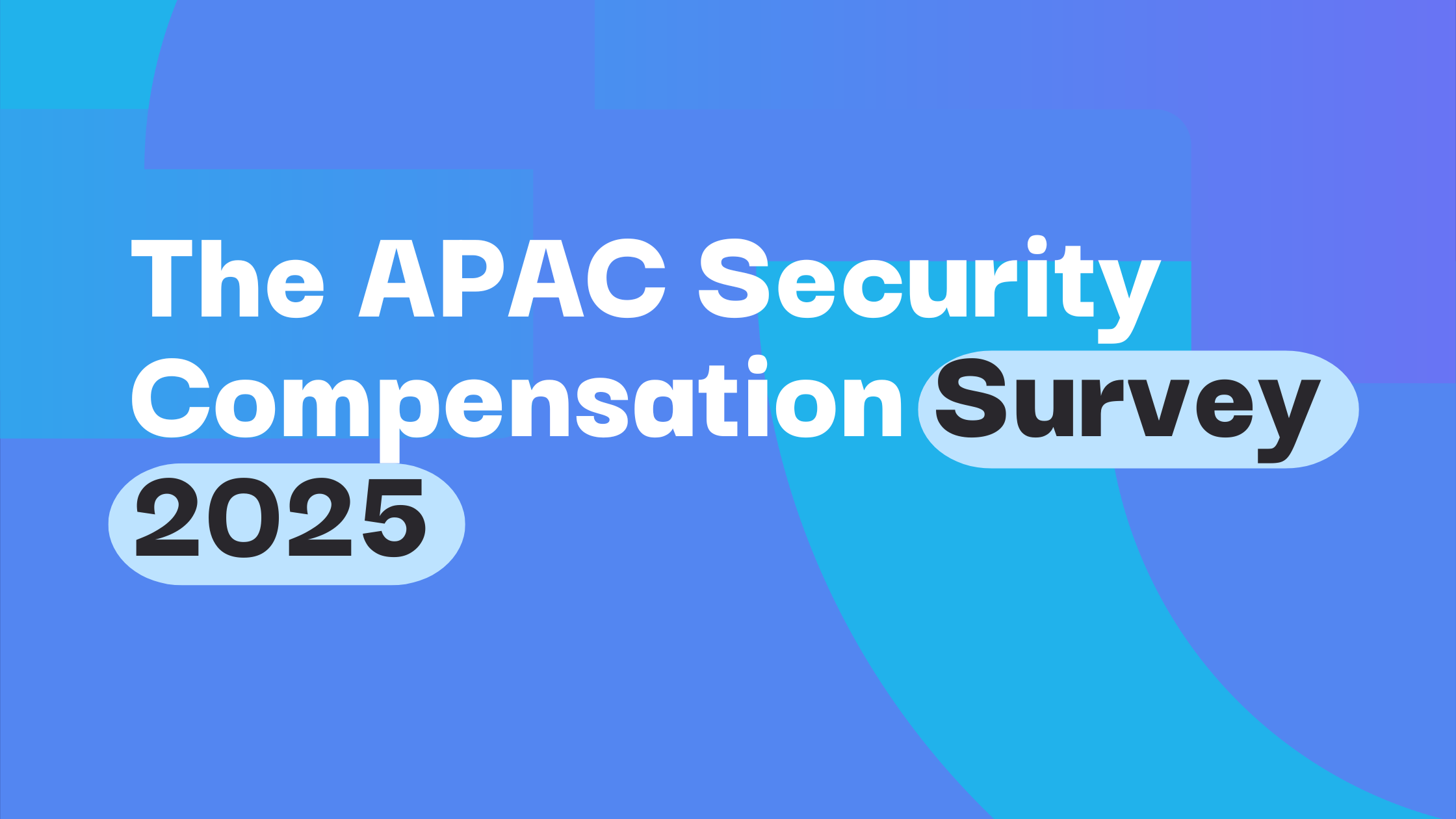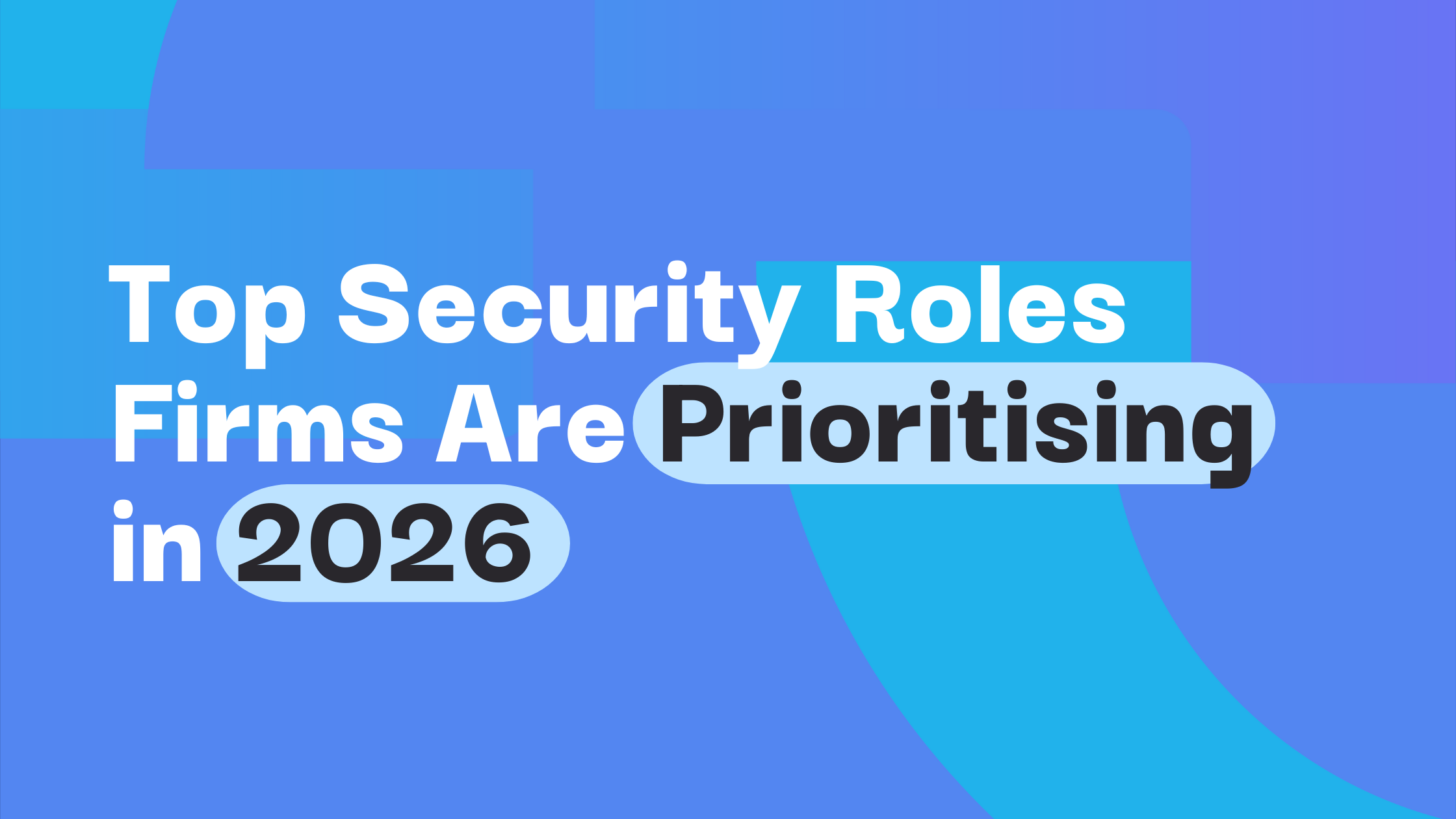
How Boards Can Better Understand and Support Security Functions

As global risks grow increasingly unpredictable, the role of corporate security has never been more critical. From protecting people and assets to navigating geopolitical instability, corporate security leaders are expected to deliver far more than traditional protective services. Yet, many boards still underutilise or misunderstand the value security functions can bring to the business. To bride this gap, boards must adopt a more informed, engaged, and strategic approach to supporting their security leaders.
Here's our top tips for getting the most out of your security function:
1. Recognise Security as a Business Enabler
Once Security is often perceived as a cost centre rather than a strategic asset. In reality, effective corporate security mitigates risks that could disrupt operations, damage reputation, or result in significant financial loss. Boards should:
- Treat security as integral to resilience, growth and market competitiveness.
- Encourage security leaders to demonstrate ROI by linking their work to tangible business outcomes.
2. Encourage Regular and Direct Engagement
According to a recent study by the international Data Group, only 43% of CSO's currently report directly to the CEO, with many other CSOs reporting limited direct access to their boards, with communication often filtered through other executive functions. To strengthen alignment:
- Boards should invite security leaders to present regularly, not just in times of crisis.
- Encourage open dialogue that allows security professionals to brief directors on emerging threats and opportunities.
3. Expand Understanding Beyond Physical Protection
Corporate security today encompasses far more than access control and physical safety, Boards should expand their view of security's scope to include:
- Business continuity and crisis management.
- Travel risk management.
- Investigations and due diligence.
- Geopolitics and regulatory risk intelligence.
From This broader perspective helps boards understand how security safeguards reputation, compliance, and stakeholder trust.
4. Prioritise soft skills in security leadership
Boards often expect technical expertise but underestimate the value of leadership and communication within security functions. To get the most from their security leaders, boards should:
- Value candidates who can translate complex risks into clear business language.
- Support training and development in areas like stakeholder management and executive influence.
5. Embed security inyo strategic decision-making
Security should not be reactive or siloed. Boards can ensure it is embedded in long-term strategy by:
- Involving security leaders in discussions on expansion into new markets, M&A, and supply chain strategies.
- Asking how security considerations shape opportunities and mitigate potential risks.
6. Investing in adequate resources
A common frustration among corporate security leaders is the mismatch between expectations and resources. Boards can demonstrate meaningful support by:
- Allocating budgets that align with the scale of risk exposure.
- Ensuring staffing and technology investments reflect the global footprint of the organisation.
Conclusion
Boards have a critical role in empowering corporate security to deliver real business value. By shifting perspectives, engaging consistently, and embedding security into strategic planning, directors can transform the function from a perceived cost centre into an enabler of resilience and growth. At enteles, we work with global organisations to identify and place security leaders who can operate effectively at board level and beyond.
If your board is looking to strengthen its security capability, get in touch to find out how we can help on +4420 2233 3884 or email hello@enteles-search.com.

Sign up to newsletter
Ready to take your career to the next level? Our team of experts has crafted valuable career advice and guides on the most sought-after topics. Check it out and boost your career plan!










